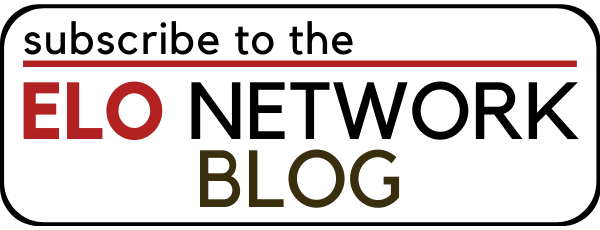Most entrepreneur-owned companies would benefit from the expertise and strategic insight of a skillfully assembled advisory board to augment a typically closely-held board of directors. Entrepreneurs are increasingly aware of the benefits of Advisory Boards. As advisory boards become increasingly common, they need to be clearly distinguished a “board of directors.” Here are five key differences between an advisory board and a board of directors.
- First, one key difference is the nature of fiduciary responsibilities and the liability associated with those responsibilities. A Board of Directors is primarily focused on protecting the interests of the shareholders of the organization. They are responsible for making sure that a company is not being financially or otherwise mismanaged. Advisory boards, by contrast, do not typically deal with financial issues. Advisory board members report directly to the president/owner of the company; they are not answerable to shareholders or even interact with company executives. Individuals serving as advisors do not have a fiduciary responsibility to shareholders and thus no liability.
- Second, an advisory board is focused more on strategic rather than operational issues. Typically an advisory board will be comprised of big picture experts that are there to impart their knowledge to the company for strategic reasons. By contrast, a board of directors will focus more on the financial aspects of a company and will review financial results on a quarterly basis.
- Third, an advisory board and a board of directors draw upon different types of members. Advisory boards can attract a wider range of individuals because there is no fear of liability, especially those who have built up their net worth through successful endeavours. Advisors, for example, may include active entrepreneurs who are operating major organizations. Often it would be difficult to get many of these types of members to be officers or directors of a company given other business interests.
- Fourth, there is a significant difference in costs between operating an advisory board and a board of directors. The cost of Directors and Officers (D & O) Insurance can get expensive. In addition, companies will still need to pay lawyers and accountants to set up the board and companies still have to pay board members. Advisory boards do not require D & O Insurance as there is no fiduciary responsibility or liability. In addition, the costs of lawyers and accountants are far less costly to draft a relatively straightforward advisor agreement.
- Lastly, there is the aspect of time commitment. Time commitment is a critical component for both an advisory board and a board of directors to be successful. An advisory board member can typically expect between 20 and 30 hours per year whereas in a typical board situation individuals would be expected to contribute a minimum of 60 hours per year and it goes up from there. With committee involvement, the time commitment could be upwards of 100 hours per year.
In the context of these five differences, companies can decide upon the most appropriate course of action. More specifically, how should entrepreneurial companies approach the possibility of establishing an advisory board? For many entrepreneurial companies, an Advisory Board is a more suitable option than beefing up a board of directors.
While a board of directors is an important and legally mandated entity, most entrepreneurs prefer to keep the board of directors closely held and limited to major shareholders. Why? The entrepreneurial environment is very different from a large-scale corporate environment where potential liability may be less of a risk and there is not the same need to be a shareholder in a large corporation.
Advisory boards can provide value directly to the entrepreneur through high-level and targeted expertise on strategic issues facing the company. Highly skilled individuals may be more attracted to an advisory board rather than a board of directors’ position because there is less of a time commitment. In addition, a key point is that advisory board members do not need to be concerned about liability.
An advisory board also fits the dynamics of an entrepreneurial environment more appropriately. Most entrepreneurs want to be nimble and fast-moving companies. They want specific advice from individuals based on “been there, done that.” They want to be challenged by seasoned mentors. They also want flexibility. When it comes to directors, entrepreneurs want people at the table with a stake in the game, who have earned the right to sit at the table.
A board of directors and an advisory board, while distinctly different, can work in a complementary fashion within an organizational structure. Entrepreneurial companies with a more fluid structure are typically more fertile ground for advisory boards than more established companies. Advisory boards will continue to grow in popularity as a means for entrepreneurs to bolster their company's prospects for success.
Learn more about ELO Counsel's “Advisory Board Program” offering.
